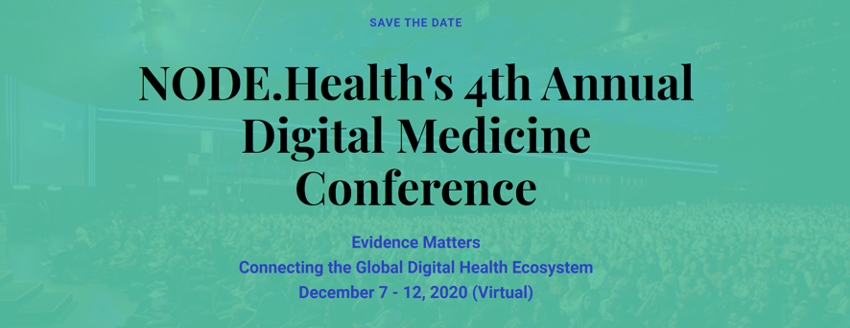The Centers for Medicare and Medicaid Services (CMS) have set October 1, 2014 as the deadline for the implementation of a new and better International Classification of Diseases (ICD) set of codes, commonly referred to as ICD-10. What this will essentially do is, replace the existing 30-year-old codes commonly referred to as ICD-9 which practices are currently using. Why? Because the system has become obsolete, does not have room for expansion and is not in line with international standards of healthcare being followed by other countries.
The implementation of ICD-10 is a long and tedious process. The CMS has emphasized that the deadline is October 1, 2014. On average, small-to-medium practices will require approximately eight to ten months if they are going to implement this new system. It will require extensive training of support staff in the classification of new rules and the way diseases are also classified. What happens when the ICD-10 deadline expires? Well, the CMS promises to implement heavy fines and penalties on those practices which do not adhere to the new rules.
Let’s now try to further decode what the changes in ICD-10 are, and why the system is going to improve a physician’s workflow.
Alphanumeric positions
The ICD-10 codes comprise of seven positions, all of which are alphanumeric, allowing for more expansion and usage of codes as and when required. In ICD-9, there were only 5 positions and out of those, only one was using alphanumeric codes.
More codes
ICD-10 also expands the diseases classification to 68,000 compared to the 13,000 in ICD-9. This shows an increase of more than 5 times and is going to be very helpful for doctors and practices alike. It will give them the ability to classify new diseases as well as setting specific codes for individual diseases.
Better specificity
The ICD-10 codes contain more information in a single code compared to ICD-9. This means that the new set of codes contain better specificity compared to the old system.
Consistent terminology
The ICD-10 codes have been written from scratch which means that the terminology used in the entire set is more consistent and coherent. The old system, ICD-9 did not have this feature in it.
More meaningful codes
In ICD-9, separate and more codes were needed to explain a particular disease, condition or symptom. This has changed in ICD-10 as codes explain diseases and symptoms simultaneously, allowing for fewer codes to be used when filling out a patient’s medical chart.
Laterality
This is a very useful change that has been incorporated in ICD-10. The new codes allow laterality in the system, by reflecting the importance of which side of the body (right ear, right eye, right limb) are under evaluation by the practitioner.
Reporting of Obstetric diagnosis
ICD-9 classifies patients by diagnosis in relation to the episode of care while ICD-10 reports all such diagnosis in relation to the patient’s trimester of pregnancy.
These are some of the major changes from ICD-9 to ICD-10 and practices and healthcare centers need to start the implementation procedure immediately if they are to meet the deadline of October 1, 2014.
– See more at: http://blog.curemd.com/how-the-changes-in-icd-10-have-more-to-offer-than-icd-9/#sthash.UyepYvuM.dpuf
































